Related Research Articles
The Reinheitsgebot is a series of regulations limiting the ingredients in beer in Germany and the states of the former Holy Roman Empire. The best known version of the law was adopted in Bavaria in 1516, but similar regulations predate the Bavarian order, and modern regulations also significantly differ from the 1516 Bavarian version. Although today, the Reinheitsgebot is mentioned in various texts about the history of beer, historically it was only applied in the duchy of Bavaria and from 1906 in Germany as a whole, and it had little or no effect in other countries or regions.

Craft beer is a beer that has been made by craft breweries. They produce smaller amounts of beer, typically less than large breweries, and are often independently owned. Such breweries are generally perceived and marketed as having an emphasis on enthusiasm, new flavours, and varied brewing techniques.
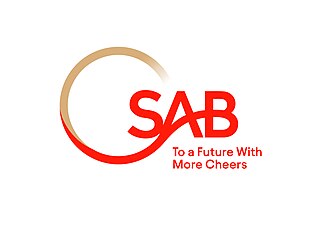
South African Breweries is a major brewery headquartered in Johannesburg, South Africa and was a wholly owned subsidiary of SABMiller until its interests were sold to Anheuser-Busch InBev on 10 October 2016. South African Breweries is now a direct subsidiary of Anheuser-Busch InBev SA/NV.

The U.S. state of Oregon is home to more than 200 breweries and brew pubs that produce a large variety of beer.

Castle Brewery is one of the oldest commercial breweries in South Africa. As company-endorsed legend would have it, the company was founded by Charles Glass in Johannesburg in 1894. UCT history professor Anne Kelk Mager has argued that the official SAB story overemphasized the role of Charles and that it was his wife Lisa Glass who was primarily responsible for the creation of Castle. It later merged with other breweries to form South African Breweries, which still later merged with Miller of the United States to form SABMiller.

Beer in South Africa has a long history, with a corporate history dating back to the early 20th century.
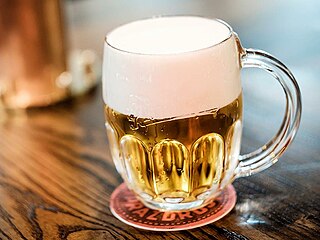
Beer has a long history in what is now the Czech Republic, with brewing taking place in Břevnov Monastery in 993. The city of Brno had the right to brew beer from the 12th century while Plzeň and České Budějovice, had breweries in the 13th century.

The U.S. state of Vermont is home to several breweries, microbreweries, nanobreweries, and brewpubs that produce a wide variety of beer.

Devil's Peak Brewing Company is a South African brewery located at the base of Devils Peak mountain in Cape Town, South Africa.

Beer and alcohol is an integral part of Tanzanian society and local brands hold a strong sense of national pride among the Tanzanian population. There is a considerable amount of brewing and drinking done in the country. Tanzania ranks 6th in Africa for beer consumption and contributes to over 3% of the African consumption. However, over 90% of the national consumption is either homemade or from the informal sector. Bottled beer is expensive for the majority of the population and is almost 6 times more expensive than the maize beers. Nonetheless, beer sales and taxes are a vital part of the Tanzanian economy.
Gilroy's Brewery is a microbrewery and restaurant in Muldersdrift, Gauteng, South Africa. The brewery was founded in 2000 by Stephen Gilroy at his pharmaceutical printing company in Roodepoort, Gauteng. Gilroy's Brewery was one of the first microbreweries in South Africa, along with Mitchell's Brewery, Nottingham Road Brewery, and Drayman's Brewery. In 2008 the operation was relocated to the current premises at Ngwenya Glass Village in Muldersdrift, where it expanded to include the restaurant, beer garden, and a gift shop. The brewery produces 5 styles of beer – a lager, pale ale, ruby ale, and a dark ale. The brewery has recently introduced a ginger beer.
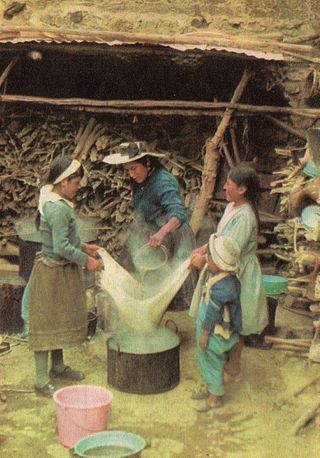
Women have been active in brewing since ancient times. From the earliest evidence of brewing in 7000 BCE, until the commercialization of brewing during industrialization, women were the primary brewers on all inhabited continents. In many cultures, the deities, goddesses and protectors of brewers were female entities who were associated with fertility.

Milwaukee, Wisconsin, has one major brewery and dozens of microbreweries, and is home to several iconic beer brands from a variety of brewers. It has had an association with beer throughout its history, with the brewing industry getting its start prior to its official founding as a city and was nationally recognized as such by the end of the 19th century. This heritage can be found explicitly in its Major League Baseball team, the Milwaukee Brewers, and on recognizable beer brands such as Old Milwaukee and Milwaukee's Best. This recognition of Milwaukee as a brewing hub dates back to the early 20th century, and boasted the world's largest brewing capacity as late as 1981. The city is nationally recognized with the nickname "Brew City" due to its nearly two centuries of brewing heritage from multiple past major brewers including Miller Brewing Company, Pabst Brewing Company, and Joseph Schlitz Brewing Company. Today, through the ownership of MillerCoors, the city's largest brewery produces 10 million barrels of beer annually.

The Montebello Design Centre is a non-profit art and craft space established in 1993 and located in Newlands, Cape Town, South Africa. The centre hosts over twenty craft workshops, shops, restaurants, and artist studios.
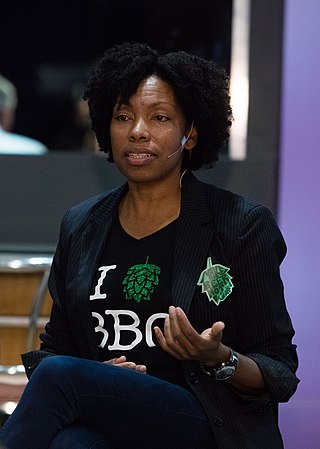
Celeste Beatty is the first Black woman to own a brewery in the United States. She established her brewery, Harlem Brewing Company, in 2000.
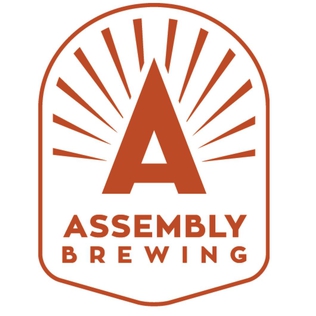
Assembly Brewing is a brewery and restaurant in Portland, Oregon.
References
- ↑ "Our History – Foresters Arms" . Retrieved 2021-01-03.
- ↑ Ryan, Michael (September 1976). "Anders Ohlsson, Brewer and Politician: 1881-94" (PDF). University of Cape Town . Retrieved 2 January 2021.
- ↑ Farrell, Sean (2015-10-13). "Megabrew takeover: the world's two largest brewers". The Guardian. ISSN 0261-3077 . Retrieved 2021-01-03.
- ↑ "Ohlsson's Cape Breweries Ltd – Rhodesian Study Circle". 5 November 2019. Retrieved 2021-01-03.
- ↑ "Factbox: SABMiller, from South African gold rush to brewing giant". Reuters. 2015-10-07. Retrieved 2021-01-03.
- ↑ Mager, Anne (2005). "'One Beer, One Goal, One Nation, One Soul': South African Breweries, Heritage, Masculinity and Nationalism 1960-1999". Past & Present. 188 (188): 163–194. doi:10.1093/pastj/gti021. ISSN 0031-2746. JSTOR 3600835.